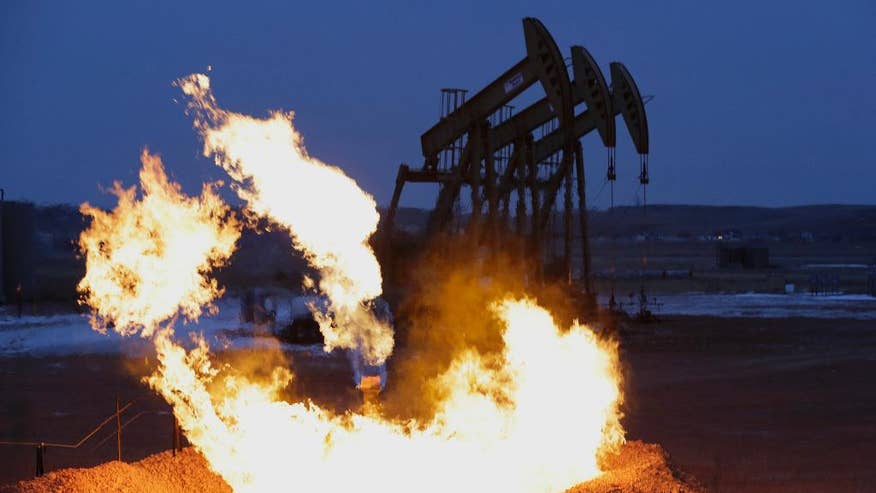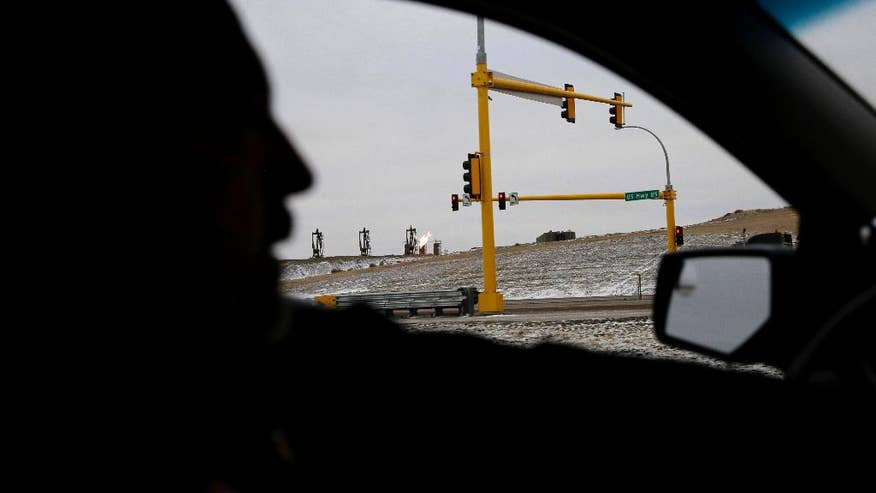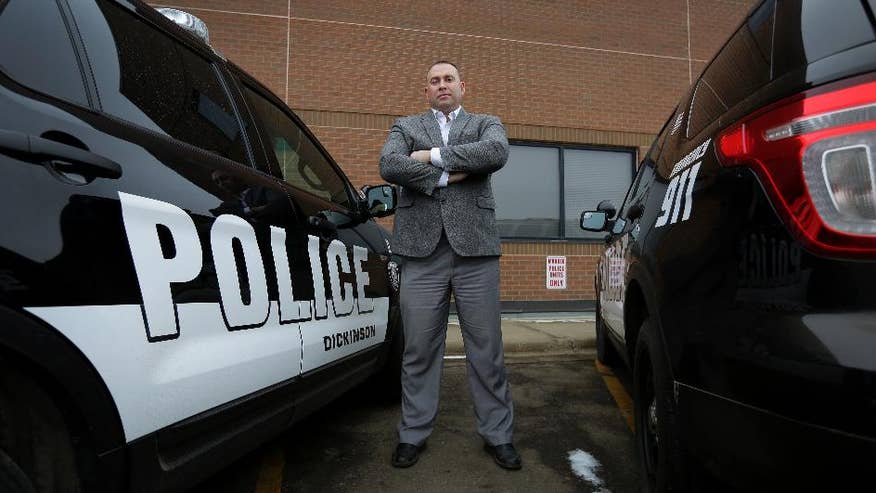Police chief Art Walgren knew how much the oil boom had changed this once-sleepy town when he spotted something that would have been unheard of not long ago: license plates from Sinaloa, Mexico, home to one of the world's most violent drug cartels.
Before, there was little chance police would see cars here from nearly 2,000 miles away. And little reason to worry about out-of-state plates. Now, though, police are scrambling to deal with new kinds of suspicious activity and threats that have cropped up along this frozen prairie.
The gusher of oil and money flowing from the Bakken fields has made policing more demanding and dangerous, forcing small-town officers, county sheriffs and federal agents to confront everything from bar fights to far-reaching methamphetamine and heroin networks and prostitution rings operating out of motels.
"It's not Mayberry anymore," says U.S. Attorney Tim Purdon. "Our police and prosecutors are going to have to adapt to keep pace. We have organized criminal gangs selling drugs, sex trafficking and out-of-state flim-flam men coming in. And the cases have become more and more complicated."
Most newcomers to the Bakken — which spans western North Dakota, eastern Montana and part of Canada — move here honestly in search of a new job or, in some cases, a new life. But more people also means more crime, overcrowded jails and overwhelmed police departments, often with relatively inexperienced officers racing from call to call.
"We are responding but we need to have more cops, more prosecutors and more judges," Purdon says. "We can't expect to move an incredibly large number of cases through the same machinery that's been in effect for the last 20 years."Read the rest of the story HERE.
If you like what you see, please "Like" us on Facebook either here or here. Please follow us on Twitter here.





No comments:
Post a Comment